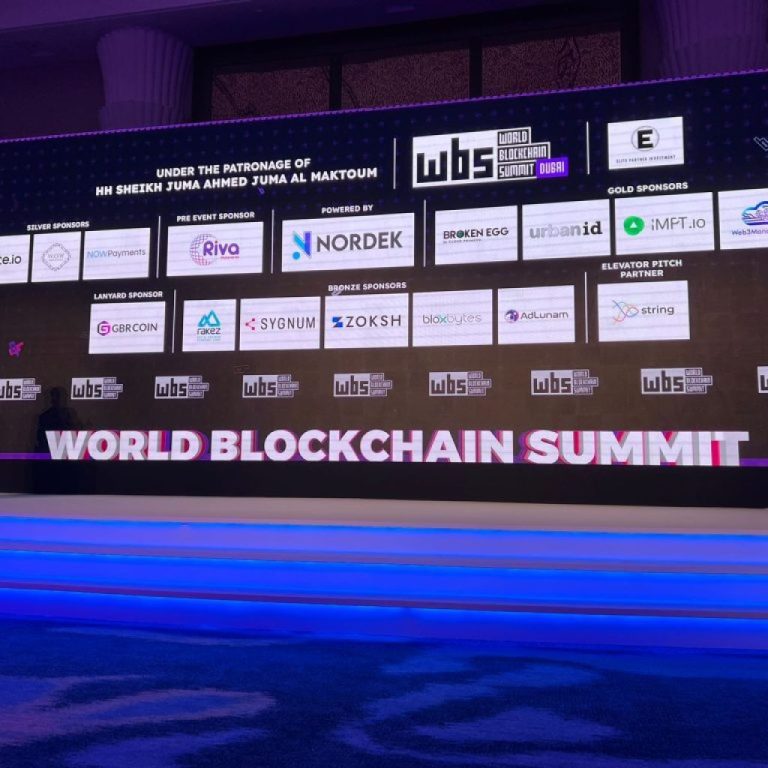
Orbits vs. dydx and gmx: Pros, Cons, and Horizontal/Vertical Comparisons
Decentralized exchanges (DEXs) have gained tremendous popularity recently, offering a secure, trustless, and transparent way to trade cryptocurrencies. Among the many DEXs available in the market, Orbits, dydx, and gmx have emerged as the most popular and widely used platforms. While each of these exchanges has unique features and advantages, they also come with disadvantages that traders should consider before deciding which platform to use.
In this article, we will provide a detailed comparison of Orbits, dydx, and gmx, examining their pros and cons and evaluating their performance in horizontal and vertical dimensions. Whether you’re a seasoned trader or a newcomer to cryptocurrency, this article will provide valuable insights into decentralized exchanges and help you navigate the complex landscape of DEX trading.
Orbits:
Orbits is an innovative decentralized exchange (DEX) that utilizes cutting-edge ZK-SNARK technology. The platform provides a comprehensive Saas system and liquidity aggregator, making it easier for users to deploy sub-stations that share depth quickly. Additionally, Orbits enables seamless trading of both spots and perpetual.
As a user-friendly platform, Orbits shares its quantitative strategy dividends with users, providing them with additional benefits. The platform also offers a liquidity pool function for projects, which is optional but can be helpful for those who need it.
Competitive Advantages:
- Lightning-Fast Transactions:
Transactions are executed instantly and confirmed on the main chain in 10ms.
- Low Cost:
Approximately 1/40 the cost of the main chain, down to $0.01.
- Orderbook:
Share liquidity depth with Binance, less risk of being targeted by hackers like AMM pools.
- First ZK-SNARK DEX:
Orbits are the first ZK-SNARK tech-based dex, which will significantly reduce cost and increase functionality.
dYdX:
dYdX is a renowned decentralized exchange that allows traders to trade perpetual contracts of digital assets. This unique trading feature will enable users to capitalize on asset price movements without owning the underlying asset and being constrained by contract expiration limitations.
The dYdX platform is built on the Ethereum blockchain and leverages smart contracts powered by the advanced Starkware Layer 2 technology, StarkEx. This technology enables fast and efficient transaction processing on the platform. However, to fully decentralize the order book and matching engine, dYdX plans to migrate the protocol to its standalone Cosmos-based blockchain in its V4 upgrade.
Competitive Advantages:
- User-friendly Interface.
- Low Fees.
- Efficient transaction processing.
- Ability to offer up to 20x leverage on positions.
GMX:
GMX is a leading decentralized exchange (DEX) that offers users both spot and perpetual listings and the ability to leverage, which means they can borrow funds to invest or trade. One of GMX’s primary advantages is its low swapping fees and its unique feature of “zero price impact trades.” The DEX functions through a multi-asset liquidity pool (AMM) that provides a seamless trading experience for users.
GMX has gained immense popularity among traders and investors because of its user-friendly platform and advanced features. The ability to trade spot and perpetual contracts with leverage has made it a top choice for those looking to maximize their returns.
Competitive Advantages:
- Spot & Leverage Trading Up To 50x.
- Profit-Sharing & Staking.
- GMX DAO.
Comparison of GMX and Orbits Contract Trading Platforms:
The comparison dimensions are as follows:
- Asset Exposure: Orbits offers a variety of synthetic asset exposures, while GMX only allows traders to trade using assets in the GLP pool.
- Funding Rate: In extreme volatility situations, the ability to recover is a critical evaluation criterion. Perpetual DEXs that cannot manage their risks well will face bankruptcy. Therefore, dYdX, gTrade and Orbits implement funding rate rules (when long positions outnumber short positions, long positions pay fees to short positions, and vice versa).
The funding rate ensures that the long/short ratio is close to 50%, so traders’ profits will not be too high. On the other hand, GMX has no funding rate, which is a significant advantage for traders. However, due to its GLP model, the maximum open position limit for short positions is 50%.
- Revenue Distribution: GMX distributes a portion (30%) of its fee income to GMX stakers; Orbits platform trading fees return 50% to users in the reward pool (the specific way of return can be considered).
- Trading Interface: Orbits is more professional, while GMX’s trading interface is relatively simple.
- Fee Charging: GMX charges a 0.1% fee for opening and closing positions, but Orbits charges a one-time fee of 0.05% only at closing.
- Technical Solution: GMX uses Arbitrum’s L2, while Orbits uses zk’s L2.
- Leverage Multiplier: GMX is 50x, and Orbits is 20x.
- Trading Model: GMX is an AMM model, while Orbits is an order book model.
- Internal Balancing Mechanism: GMX does not have an internal mechanism to balance OI, which may cause LPs to face trading imbalances, while Orbits uses a funding rate mechanism, which promotes price convergence.
- Borrowing Fees: Both short and long positions on GMX must pay borrowing fees to the GLP. But Orbits does not have borrowing fees.
In summary, GMX has advantages in asset exposure, no funding rate, and a simple trading interface. On the other hand, Orbits has advantages in revenue distribution, funding rate mechanisms, and price convergence. Regarding technical solutions, GMX uses Arbitrum’s L2, while Orbits uses zk’s L2. Finally, GMX is an AMM model, while Orbits is an order book model.
The Takeaway – Future of Decentralized Trading:
Overall, Orbits is an advanced DEX that offers a variety of features and benefits to its users. Its use of ZK-SNARK technology ensures security and privacy, while its liquidity aggregator and quantitative strategy dividends make it a top choice for traders and investors alike.
With its competitive advantages and cutting-edge technology infrastructure, Orbits leads the future of decentralized trading.
To know more about orbit:
Do check out our Socials: https://linktr.ee/orbits_


